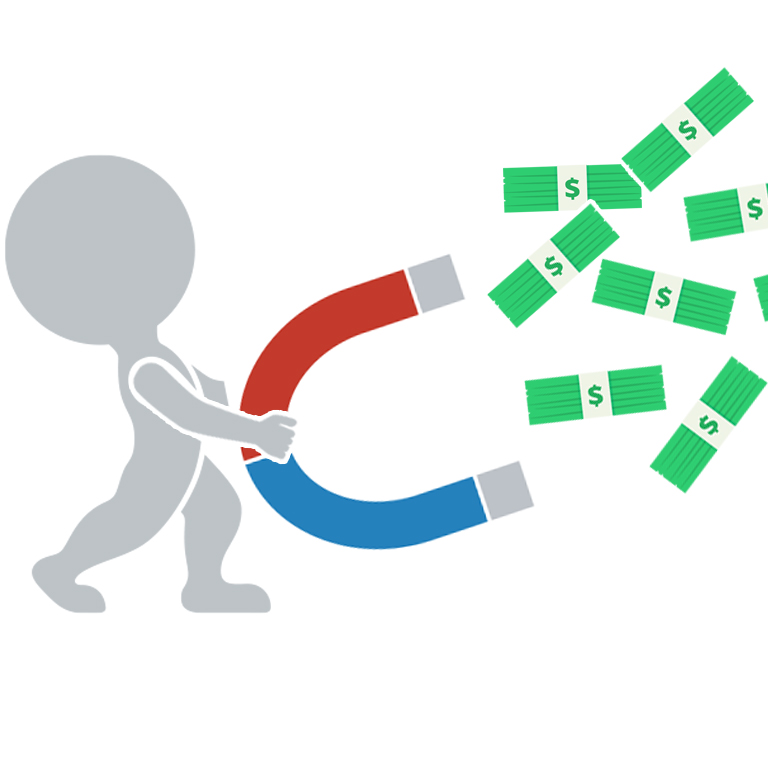After multiple accusations and two formal investigations found a large number of sexual harassment allegations were credible, opera star Plácido Domingo issued multiple apologies.
Back in February, I wrote “only time will tell if Domingo decides to make a tangible connection between regret and contrition” and as it turns out, it didn’t take much time at all to find out we shouldn’t expect much for either.
This week, Domingo came out swinging with an orchestrated PR blitz attempting to clear his name.
Unfortunately, there’s all that nagging evidence hanging around.
On 8/23/2020, the Associated Press published an article by Coleen Barry that includes an interview with the singer.
Out of the gate, the report makes it clear that Domingo repeatedly deflected questions about sexual harassment. Instead, he attempted to redefine the narrative by focusing on casting decisions.
“I never promised a part to a singer, or never take a part from a singer,” he said. “I have spent my whole life helping, and you know, encouraging and driving people.”
According to the AP report, Domingo had a phalanx of protectors who cut off the interview when he was asked about two mutually exclusive investigations that found accusations of sexual harassment were credible along with one identifying a pattern of abuse.
Apparently, Domingo pulled out all of the stops and put his thumb on the sympathy scale by mentioning his and his wife’s Coronavirus diagnosis.
“It was really a big blow when we got – both my wife and me – we got the coronavirus. It was a terrible impression because for a singer, one’s lungs are very important,” [Domingo] said.
Fortunately, the AP reporter managed to ask about one of Domingo’s initial statements where he displayed comparatively more contrition.
In Domingo’s response to the accusations in AP’s initial story, he had said he recognized “the rules and standards by which we are — and should be — measured” had changed over the decades. And earlier this year, he issued a statement after the union findings were leaked to the AP, saying of the women who accused him that he was “truly sorry for the hurt that I caused them. I accept full responsibility for my actions.”
The interviewer deserves credit for pressing him about those remarks.
Asked what he meant in his first statement about the rules changing, Domingo responded, ’’The problem is that so much time has passed. I must, what we are trying to do, is clear my name, above all for my family.”
Anyone expecting a clear response is going to be out of luck and for the time being, in for a long wait.


